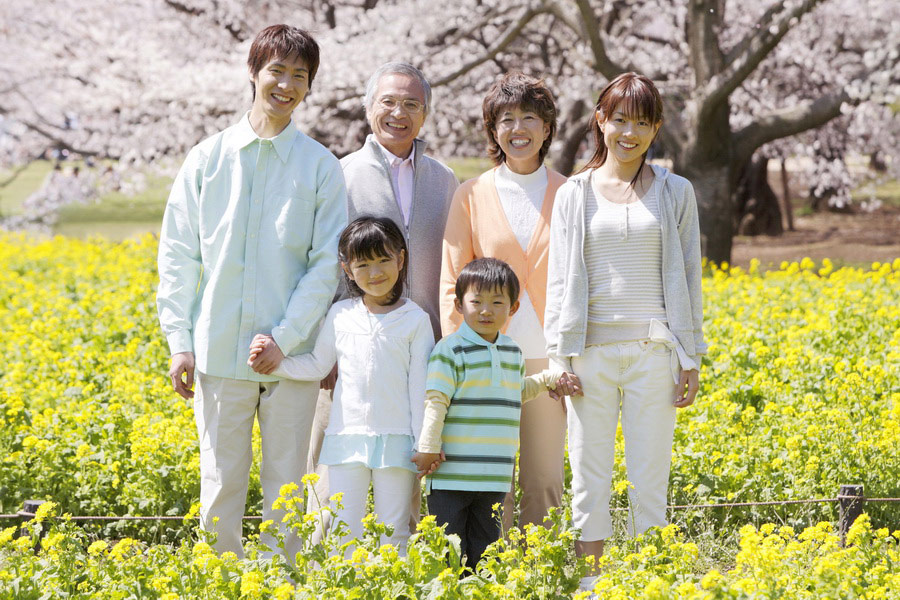
Respect for the Aged Day (敬老の日, Keirō no Hi) is a public holiday in Japan dedicated to caring for, protecting, and honoring the country's elderly population. It is celebrated on the third Monday of September.
Japan is known for its large aging population, with the number of people over 55 continuing to grow due to a declining birth rate. Respect for the Aged Day provides a valuable opportunity for younger generations to recognize and appreciate the contributions of their elders, while also allowing older individuals to feel valued and respected.
The holiday was established in 1947, though the tradition of honoring elderly family members in Japan dates back centuries. Originally called Elderly People's Day (年寄りの日, Toshiyori no Hi), it was founded by Masao Kadowaki, the mayor of the small town of Taka in Hyogo Prefecture. He believed that young people at the time needed to seek wisdom and guidance from the older generation to help rebuild society after the war. Together with the elders, they adopted the holiday’s slogan: "Let's improve life in the village by learning from the wisdom of our elders, respecting them, and valuing their experience". The celebration gradually spread to other prefectures and became a national holiday in 1966, initially celebrated on August 15. Since 2003, it has been celebrated on the third Monday of September as part of Japan’s Happy Monday System (ハッピーマンデー制度), which creates long weekends by moving certain public holidays to Mondays.
Since the holiday typically results in a three-day weekend, families often gather to express their gratitude to elderly relatives. Gifts such as flowers, seasonal treats, fruit, and practical household items are commonly given. Today, the elderly are often referred to as being in their "silver age", leading active and healthy lifestyles and appearing younger than their years. On this day, they can enjoy free access to swimming pools and fitness centers as part of the celebration.
Respect for the Aged Day is also an opportunity for volunteer organizations to assist the elderly. Volunteers visit nursing homes and hospitals, help with household tasks, or simply spend time with seniors. These acts of kindness help strengthen bonds between generations and allow young people to understand the importance of caring for the elderly.
Japan has numerous social programs in place to support its aging population, ranging from self-care education initiatives to programs aimed at reducing loneliness. Many clinics offer free medical care, ensuring a high quality of life for seniors and helping prevent age-related illnesses.

